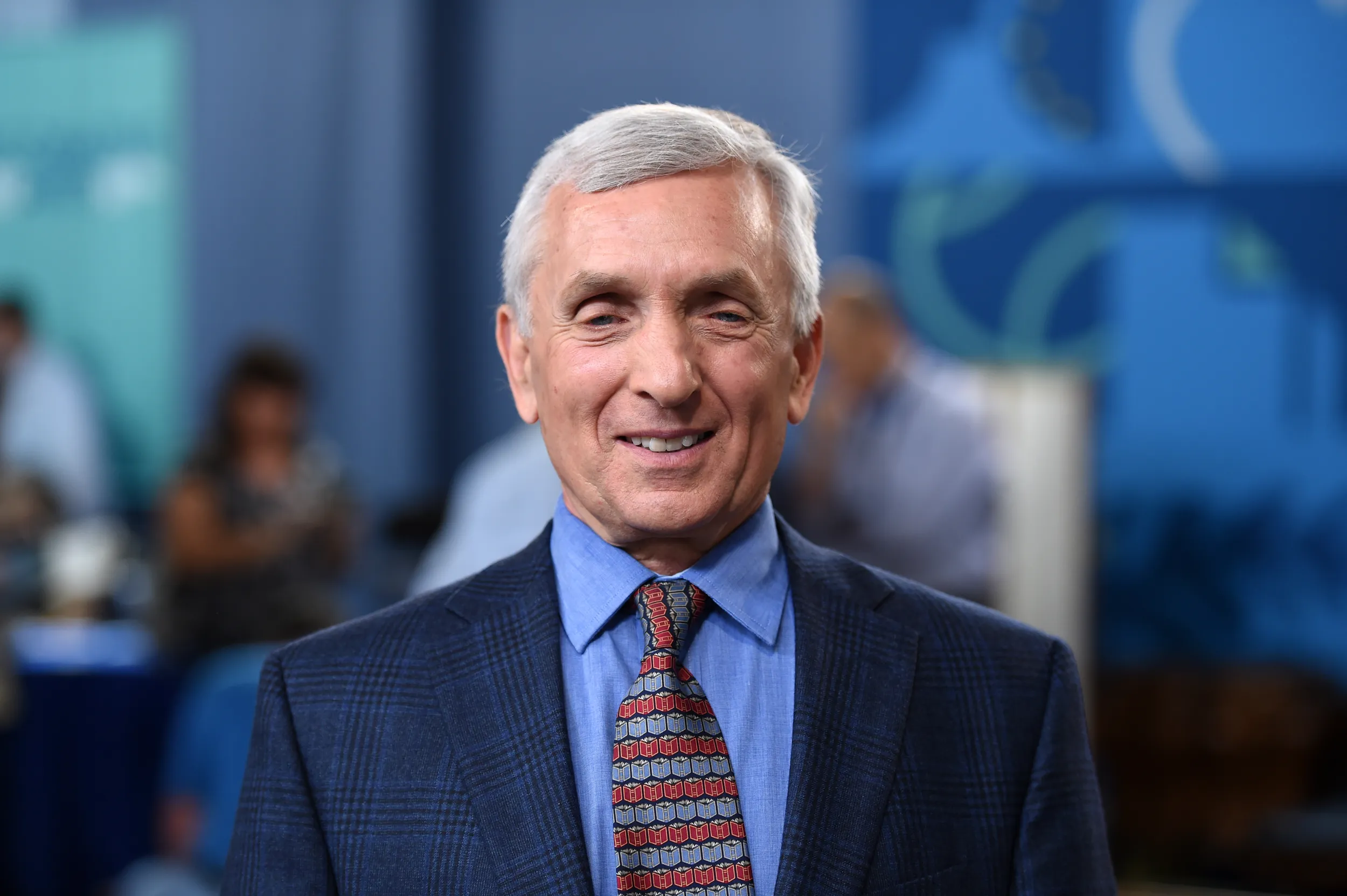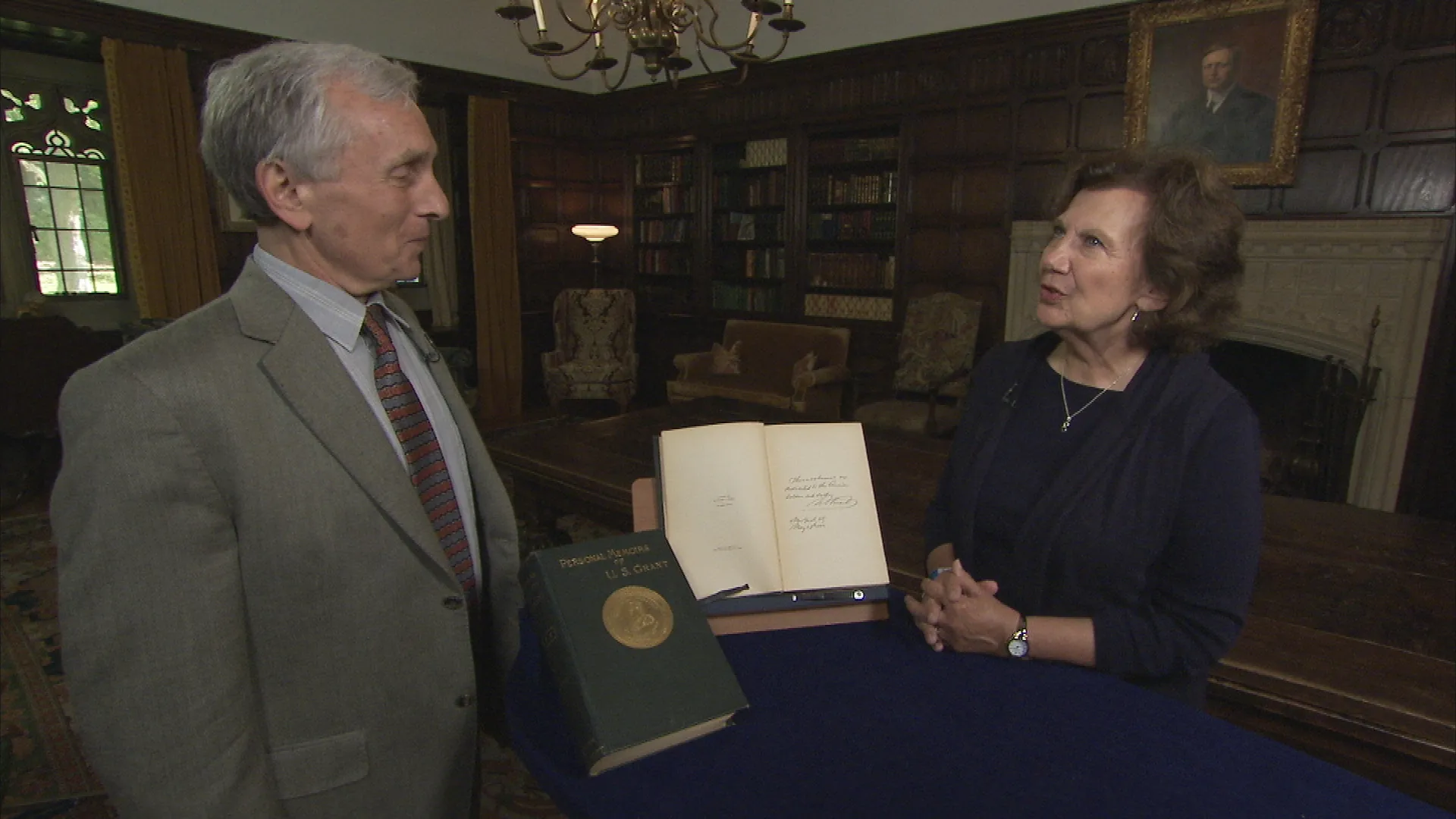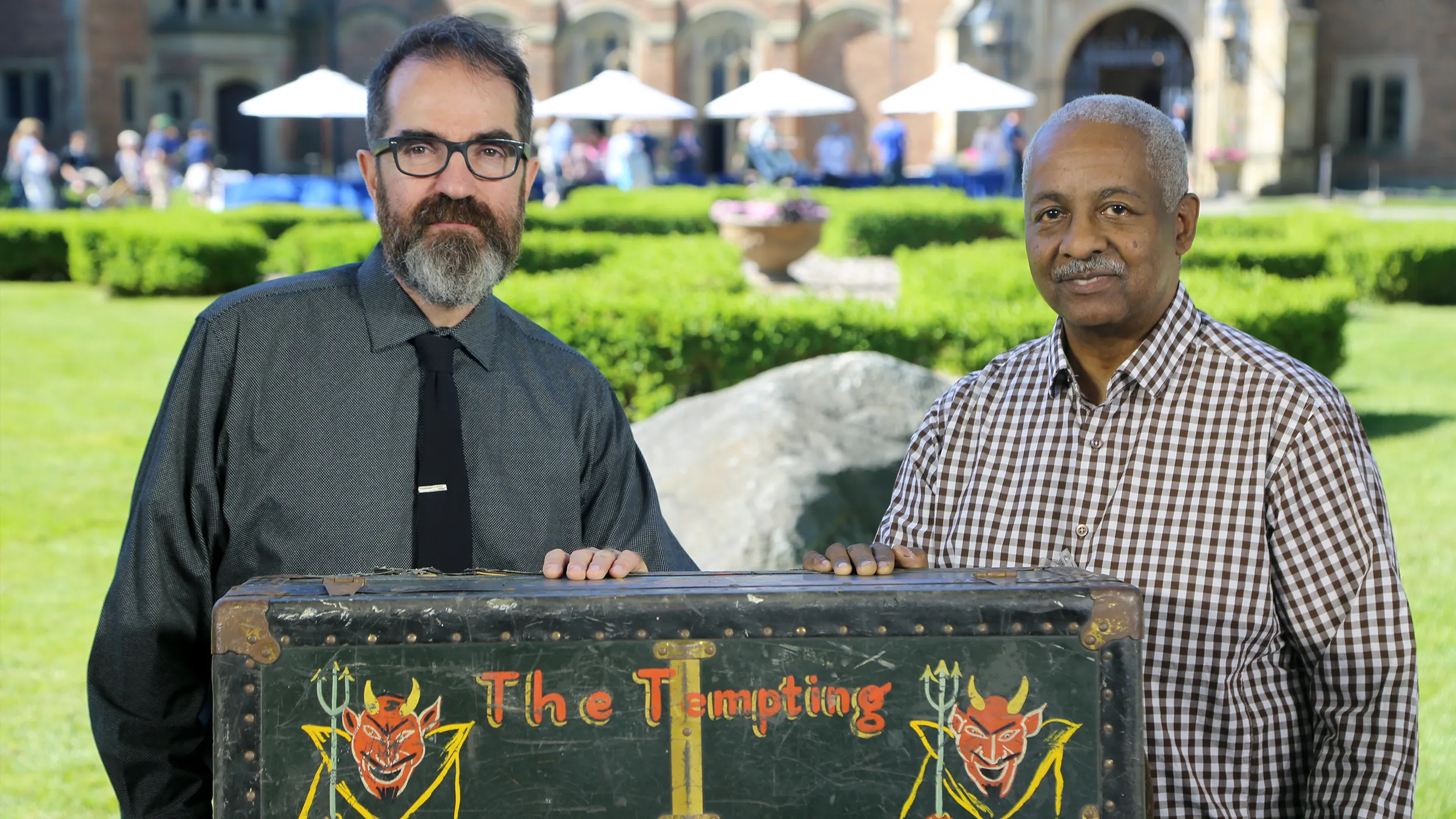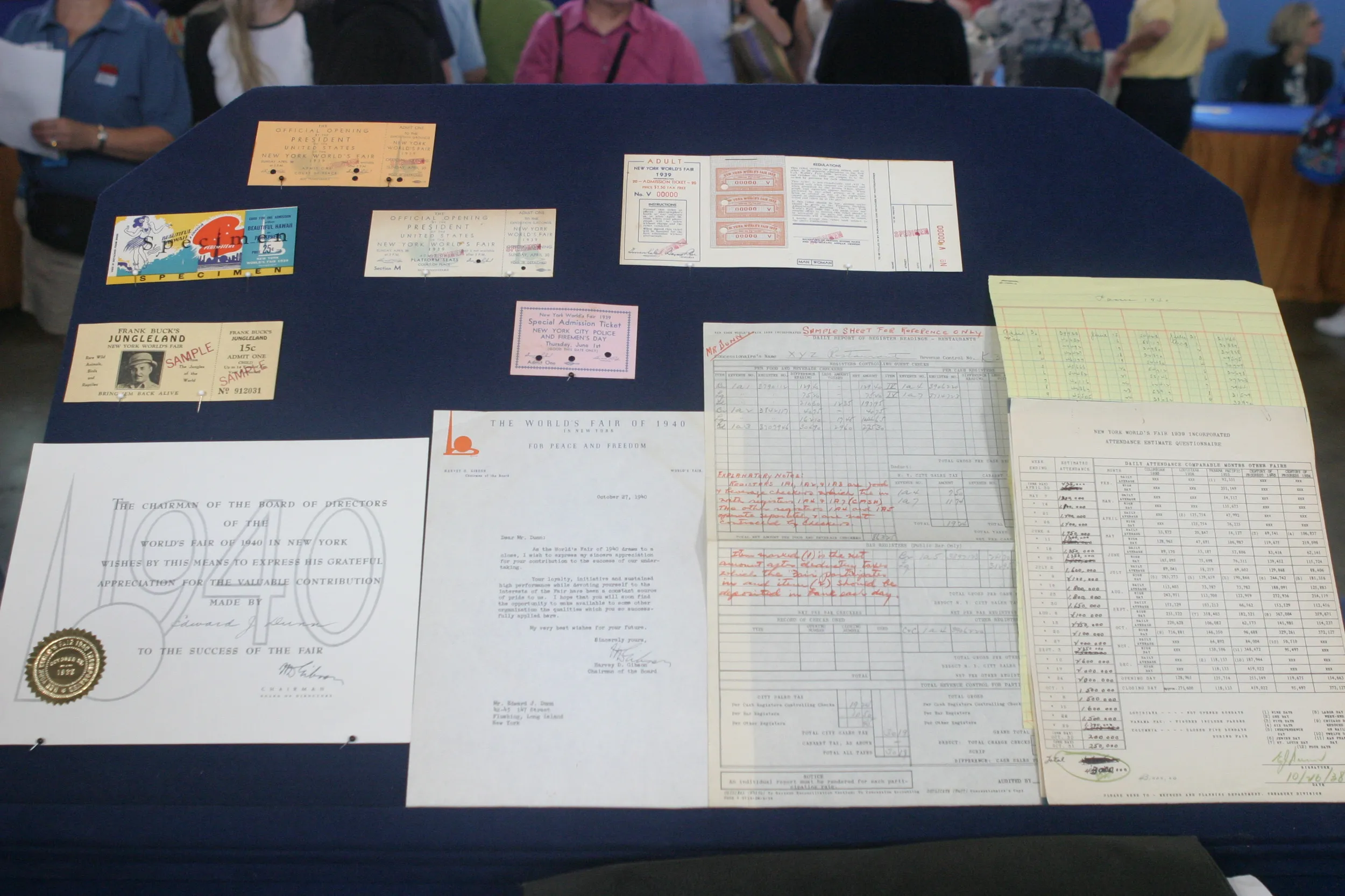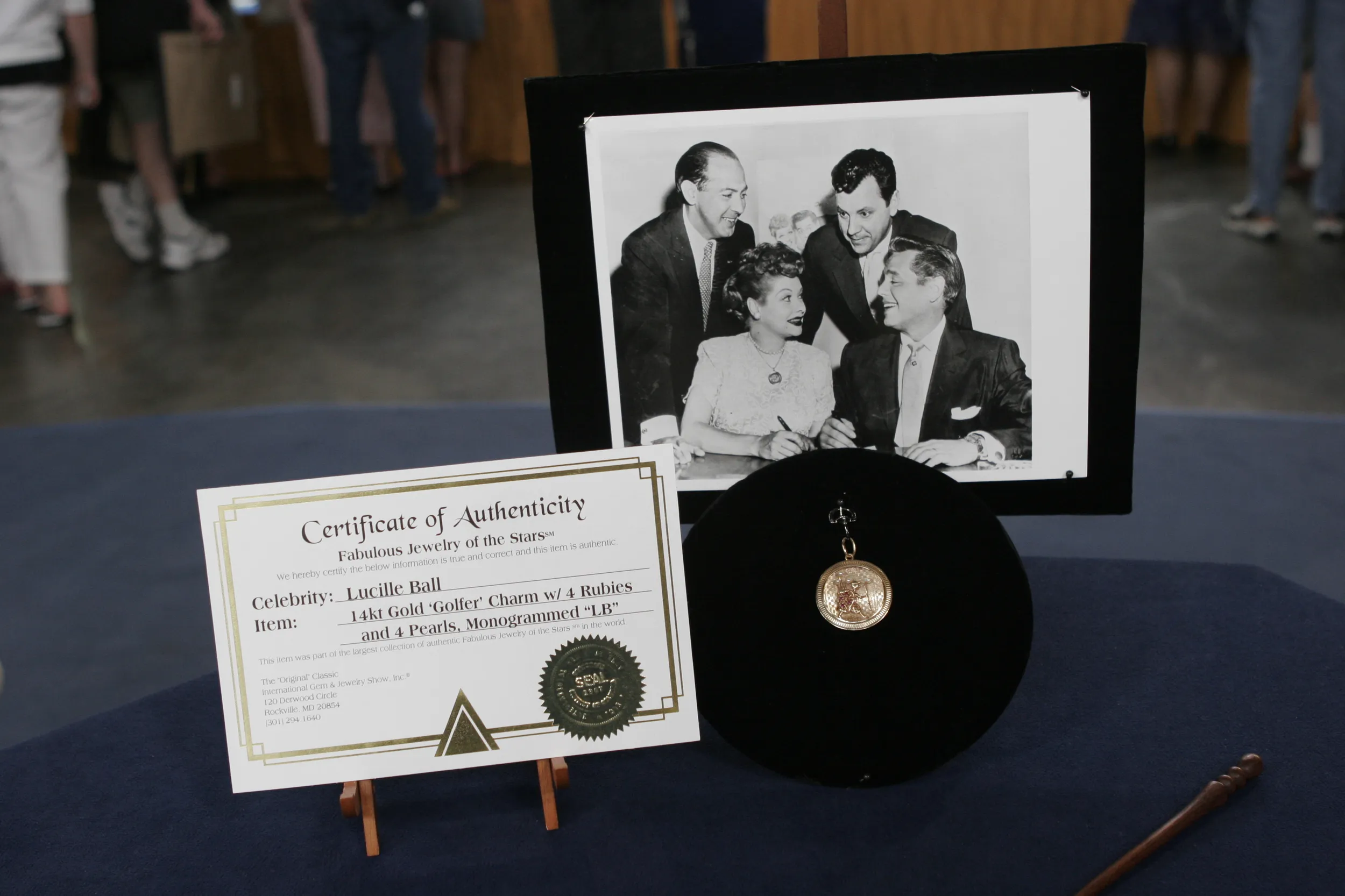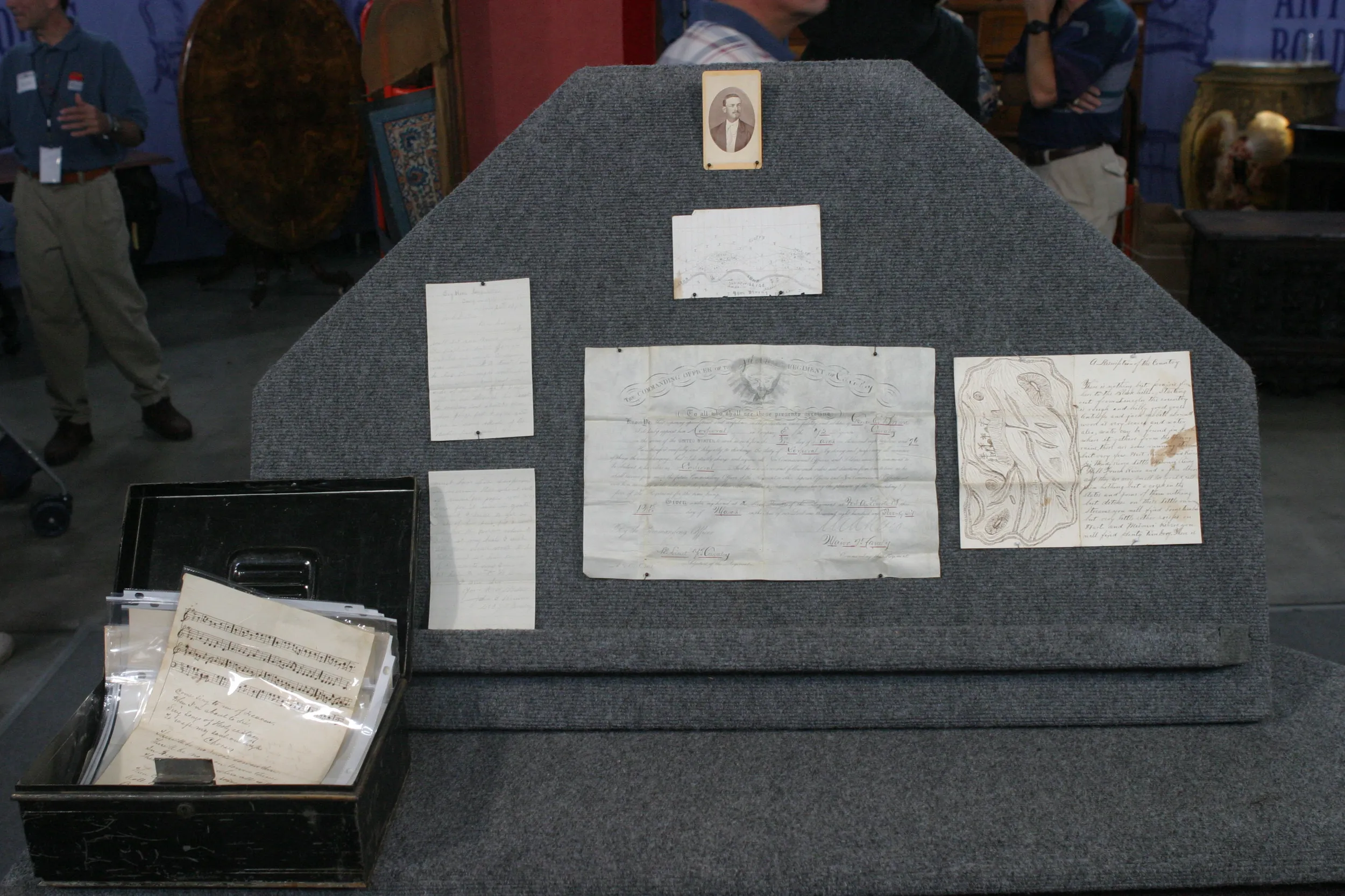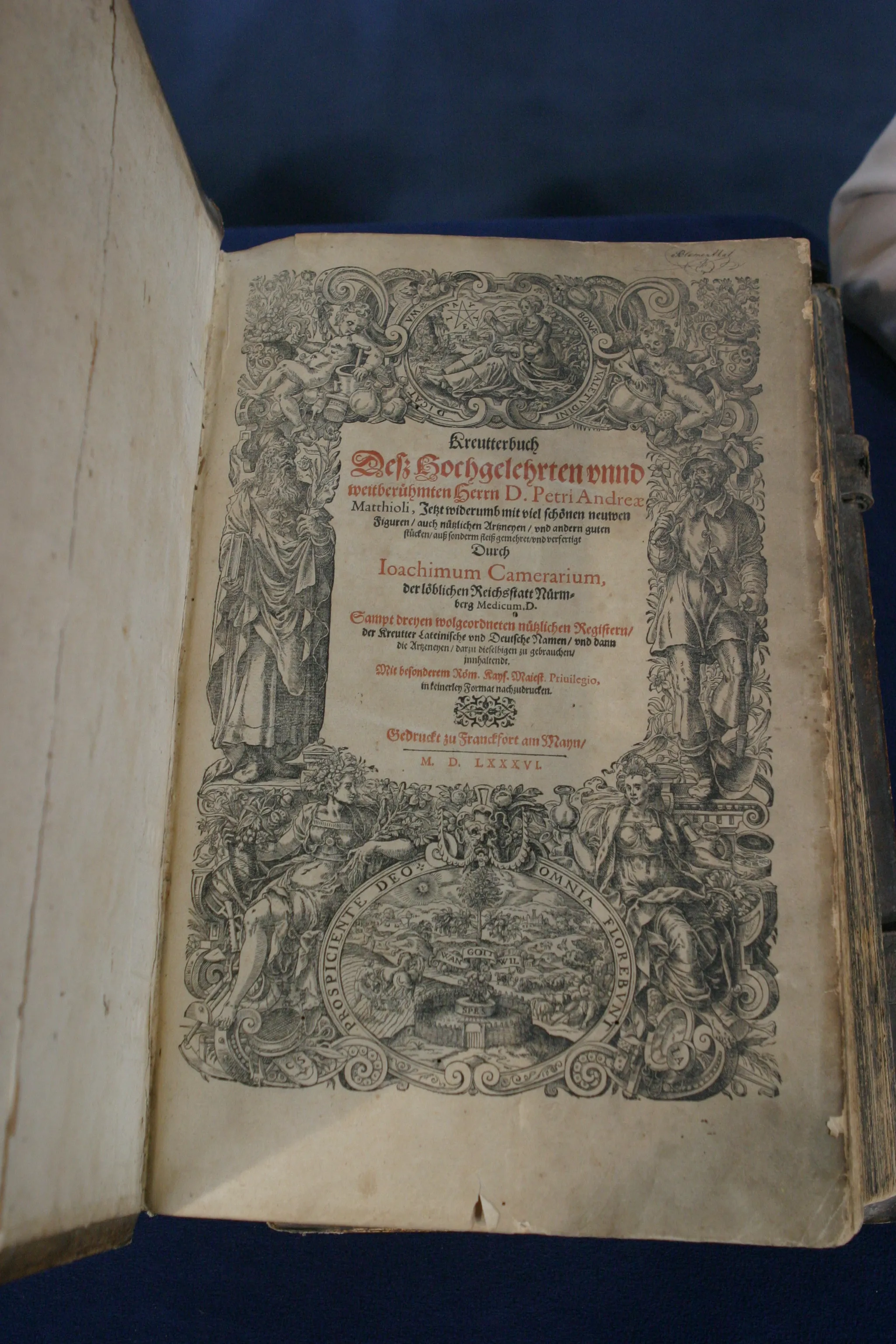APPRAISER: You brought in the personal memoirs of U.S. Grant. What do you want to know about it?
GUEST: I'd really like to know whether this is an authentic signature. I've had the books for a long time. The last semester I was at Oakland University, I was lucky enough to have a field placement with the Detroit Police Department, and one of the officers took me to a used bookstore in Corktown in Detroit. And it was a house, a little house, run by a little Irish lady and her mother. And when you walked in, it had books floor to ceiling on tables in all the rooms, a couple of cats. And that's when I bought the books.
APPRAISER: And what did you pay for them at the time?
GUEST: $30.
APPRAISER: $30 for the two volumes.
GUEST: Yes.
APPRAISER: Well, first of all, let me start with one thing. These are great books. It is one of the best military autobiographies ever written. And it doesn't cover Grant's whole life. It covers the Mexican War, his early life, and then particularly the Civil War, but he just writes it concisely and wonderfully. Grant was an incredibly popular president. He was very popular after his presidency. He actually was financially very secure until his son got him into a, essentially, a Ponzi scheme.
GUEST: Oh.
APPRAISER: And he lost all his money. He was destitute getting into the middle 1880s. Mark Twain was the publisher of this. And they said, "Well, you know, "there's a good chance this will sell. You're very popular." So in his last year, he was writing this book, and he was sick-- he had cancer. He was struggling to finish this book, write it. He worked very hard. He was hoping that it would sell and support him and his wife. The book was an incredible success. I mean, they sold hundreds of thousands of copies. The equivalent, it sold the equivalent of what would have been into the millions of dollars. More than enough money to have his wife live very comfortably. When you look at a signature in a book, one of the things you look for first is, how is it signed? And if it's signed sort of a very general type of dedication, it's not personal. It's to everybody, and that makes you a little bit suspicious. The other thing is, usually when you sign a book, you hand it to the author. The author holds it, and then they sign it. And it doesn't come out straight across. And then one of the real keys to this book, one of the absolute things that, you look at it historically. Well, he died. He died before the book came out.
GUEST: (laughs) If I would have read that, see, I would have known.
APPRAISER: So that sort of answers the question in no uncertain terms.
GUEST: That was-- okay.
APPRAISER: This is a facsimile signature printed in every copy of the book.
GUEST: Okay.
APPRAISER: If you got him to come back from the dead and sign it, that's really special.
GUEST: I…Yeah.
APPRAISER: But it is a great book. It did sell a lot of copies, and people do buy it. It came out in all different bindings. This is one of the general bindings. It's in good condition for what it is. And probably in a retail shop now, this copy would sell for about $350.
GUEST: (laughing): Okay.
APPRAISER: You have to have both volumes. So one without the other really isn't valuable. It's for the two volumes together, and you have it complete.
GUEST: Okay.
